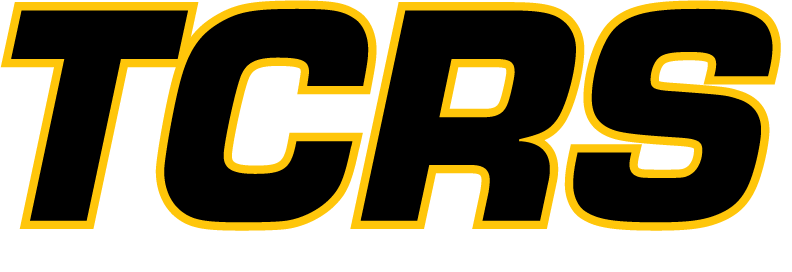A primer on rental heating options
One of the best ways we can ensure a great rental is to make sure that everyone is singing off of the same song sheet. In order to do that, we have to share a little of our expertise and you can best share the critical information we need to help you. We’ve put together this cheat sheet so that you can understand some of the terms we use when it comes to our rental heating products and the terminology we use.
Question: What is the difference between a direct-fired heater and an indirect-fired heater?
Answer: In a direct-fired heater, the gas is fed directly to the burner while the airstream provides the needed oxygen for combustion. Air is forced through the burner baffle where it mixes with the gas.
In an indirect fired heater, the burner is fired into a heat exchanger. Air is heated by passing over the heat exchanger, allowing the combustion by-products to remain within the heat exchanger which is then exhausted through a flue.
Question: What is a BTU? How many do I need?
Answer: BTU is an acronym. It stands for British Thermal Unit. It's a form of measurement that measures energy. One BTU refers to the amount of energy that's required to increase the temperature of a pound of water by 1° F. Calculating what you need is not a simple operation, if you want to be accurate. We can help. Just fill out this form and send it our way.
Question: What are Make-Up Air Heaters and why are they important?
Answer: Heaters burn, or take away, oxygen as they combust their fuel. In order to replace the oxygen that they use or that’s exhausted out of the space, some heaters are designed to bring in fresh air from outside to constantly replenish what they burn. These types of heaters are called Make-Up Air heaters.
Question: How do I know whether I should use a gas-fired, electric, or diesel-fired heater?
Answer: Choosing the right heater for your application is best done through consultation with one of our specialists, but in general, the choice comes down to what you’re planning to use for a fuel/power source, what the heater will be heating (people, space, a pond, concrete), how long the rental will be and what ancillary products (fuel tanks, hoses, ducting, etc.) will be needed for your rental.
The good news is that Temperature Control Rental Solutions can walk you through the selection process to ensure that your needs are met.


